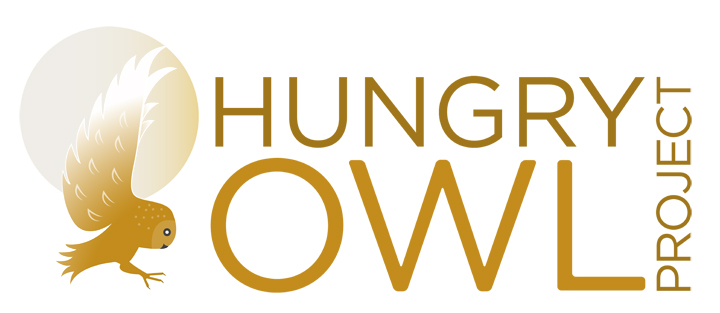Found an Injured Bird?
PHOTO © marilyn barbone
If you find a young owl or hawk that appears to have fallen from a nest or tree and is on the ground, do the following.
First, call a wildlife rehabilitator in your area. If you can’t connect with a live person on the phone at a local wildlife rehabilitation organization, call WildCare at 415.456.7283.
Keep your distance and spend time observing the situation. Still keeping your distance, take photos.
Key information is critical to a successful outcome. Things to note before calling a wildlife rehabilitator:
The exact location.
Type of tree and the placement of the nest.
Is the bird injured?
Is the bird mostly down (white fuzzy feathers), lacking mature feathers?
Is it in immediate danger from other animals or people?
Is there a nest visible?
Are there other siblings in the nest?
Are the parents present?
Can you identify the bird?
If an action is advised, stay with the bird if possible until help arrives. If the bird is in danger or obviously injured and the situation requires immediate action with no help available, put the bird in a cardboard box or pet carrier and take it immediately to local wildlife center. Wear thick leather gloves, be gentle but firm and avoid contact with the talons. Should it be late at night and impossible to bring it to a wildlife center, put the bird in a quiet dark place at home until the morning. Time counts, don't delay, please take it to your local wildlife center ASAP. Do not offer food or water and do not try to handle the bird or even check on it. Leave it alone and away from people and pets while it is with you. Do not keep the bird as a pet (which is a federal violation through the Migratory Bird Treaty Act).
Nestling raptors have a higher chance of survival when re-united with their parents. If the situation dictates, (nestling is in good health and nest can be reached,) WildCare will try to reunite it with its parents.
With some raptor species, such as Great Horned Owls, being on the ground can be a part of their natural breeding cycle, with the parents continuing to feed them on the ground (sometimes for weeks). For these cases being on the ground may not be as detrimental as it can be for other species. However, being on the ground near busy human activity is not a safe place for any young raptor.

